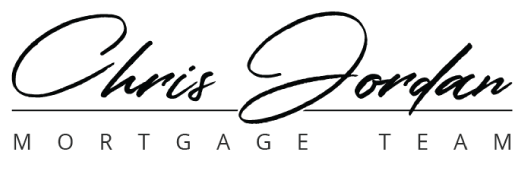In response to the recent data breach at Equifax, lots of clients have been inquiring about what to do and what not to do with regard to their credit. Some of the clients are currently shopping for homes and others are not looking to qualify for a mortgage currently, but they still want to take the best precautions.
Since I was also affected by this latest hack, I thought I would share some of the information that I have gathered on this topic.
Your first step would be to go to the Equifax site and check to see if you were directly impacted by this latest breach. Just go to https://www.equifaxsecurity2017.com/potential-impact/ and follow the steps under CHECK POTENTIAL IMPACT to enter your last name and last 5 digits of your social to find out if your information was compromised. Regardless of the outcome, follow the steps outlined on the website to apply for the free monitoring service offered.
Your next step should be to review your credit report. To obtain a free credit report, visit Annualcreditreport.com. Review your report to see if there is any suspicious activity or unknown accounts.
If you happen to find suspicious activity, you can visit Identitytheft.gov for instructions on what to do next. If no suspicious activity is found, you should continue to check your credit annually as well as check all of your credit card and bank statements monthly to look for suspicious activity.
Extra layers of credit & identity protection
A paid monthly subscription to a credit monitoring service can range in cost from $9.99/month up to $29.99 month with most companies. If you are already receiving free monitoring, you could most likely wait on something like this until your free monitoring period is up.
Put a fraud alert on your credit. This tells creditors that they will need to take additional steps to verify your identity anytime you are applying for credit. To do this, you would need to contact each of the three credit bureaus directly.
Equifax : 1-800- 349-9960 Experian: 1-888-397-3742 TransUnion: 1-888-909-8872
One last layer of protection is to freeze your credit. A credit freeze can only stop thieves from opening new accounts, but it cannot stop them from using your existing accounts. You would need to contact all three credit bureaus individually to have your credit frozen.
When your credit is frozen, new creditors cannot access your credit report, but any existing creditors would still have access. This is another reason you should still monitor all of your credit card and bank statements closely.
When applying for a mortgage, your credit would need to be unfrozen for your lender to pull your credit. To unfreeze your accounts, you would need to contact each of the three credit bureaus again and it can take 1-4 days for your accounts to be open again.
If you are currently in the process of purchasing a home or plan to purchase a home in the near future, it would be best to speak with your lender about freezing and unfreezing your credit to make sure your timing will not negatively impact your home purchase plans.
Questions?
Click HERE to connect with us, or to have us contact you
Curious if you qualify? – Call or email us directly, or Pre-Qualify Here
Call us at (240) 670-5090 or email us at CJMT@mainstreethl.com
Additional sources on this topic:
Federal Trade Commission Blog Federal Trade Commission – Identity Theft Help
Federal Trade Commission Website



